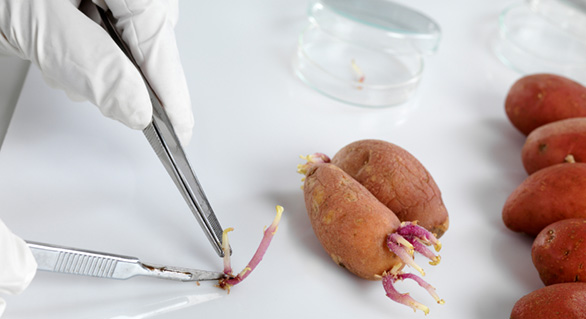Calories: to some people they’re life-giving energy, while to others they’re nothing but a measure of how many miles they’ll have to run to atone for dessert. Dutifully obeying the second view, thousands of people every day embark on calorie-restricted diets, but just eating fewer calories’ worth of junk food isn’t the way to get healthy or lose weight (no matter what Coca-Cola likes to tell you). This week, two new posts back up the idea that cutting calories isn’t all it’s cracked up to be:
- This week, British fitness enthusiast Sam Feltham wrapped up a fascinating self-experiment, where he ate 5,000 calories a day on a high-fat, low-carb diet that looked a lot like Paleo, although he had to eat way too many nuts to get enough calories in. Simple calorie math would predict a weight gain of 7.3 kilograms (around 15 pounds), but after 21 days, he only gained 1.3 kilograms (closer to 3 pounds), and actually lost 3 centimeters from his waist circumference. His conclusion: fake processed foods, not just excess calories, are really responsible for weight gain. This kind of self-experimentation has significant limitations, but it’s still interesting, especially for all the people who struggled for years to lose weight on low-calorie diets full of junk food, and then saw their extra pounds fall off when they switched to a high-fat diet of real food.
- On the opposite end of the calorie spectrum, a new post from Matt Metzgar details a few of the problems with extremely calorie-restricted diets of 1,000 calories a day. Not everyone can necessarily eat 5,000 calories every day and avoid gaining weight, but the opposite extreme is just as dangerous.
In other news, check out the latest happenings from the Paleo world:
- We’ve been posting a lot of barbecue recipes lately, and grilling is definitely a traditional part of the summer season, but a lot of people have the vague impression that it’s unhealthy because of the high heat. A guest post at the Healthy Home Economist tackles this objection, and explains why you shouldn’t fear that delicious barbecued burger.
- A new company, Simplot, is horning in on Monsanto’s game with the development of genetically modified potatoes that would resist bruising and produce less of a potentially dangerous chemical called acrylamide (don’t worry about this in your home-cooked potatoes, though; it’s only a serious problem for commercially processed potatoes). Worryingly, the new GM potatoes are engineered using a slightly different technology from existing GM crops, so we know even less about their potential safety than we know about other genetically modified foods, which is already not much.
- An interesting guest post from Go Kaleo argues that we’ve been demonizing cardio too much, claiming that the dangers of running only apply to the extreme mileage junkies, and shouldn’t concern anyone who just likes to go jogging in the morning.
- On a more uplifting note, the latest advice from Nerd Fitness is a guide to eating healthy and staying in shape when you work crazy hours (yes, it is possible!).
- From Food Renegade this week comes a provocative post titled “Why I Don’t Trust Nutrition Scientists,” arguing that nutrition is too new for us to really put our faith in. Of course, completely rejecting nutrition science is counterproductive because then it won’t ever get the chance to improve, but it’s always good to remember how incredibly limited our grasp of nutrition really is.

The post What’s Happening: Calories appeared first on Paleo Diet Lifestyle | Paleo diet Recipes & Tips.
- Tags:
- Categories:









































